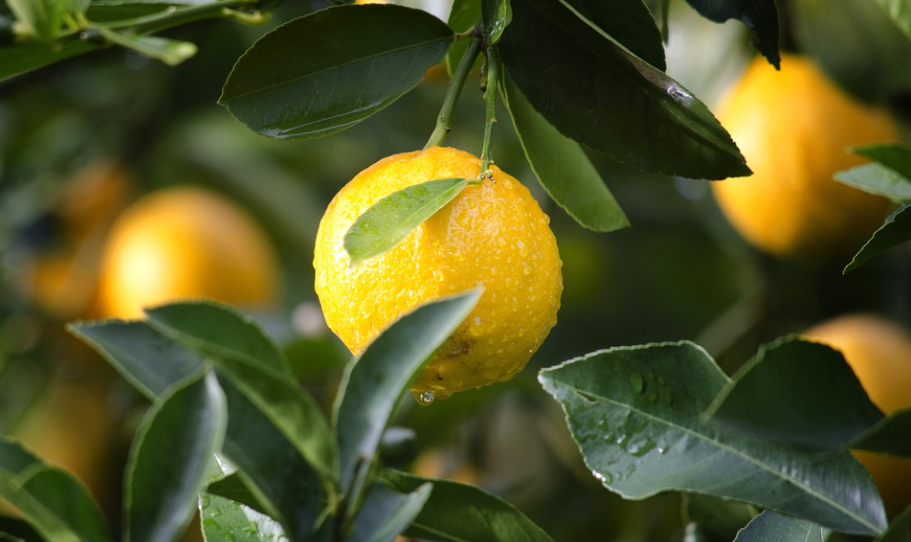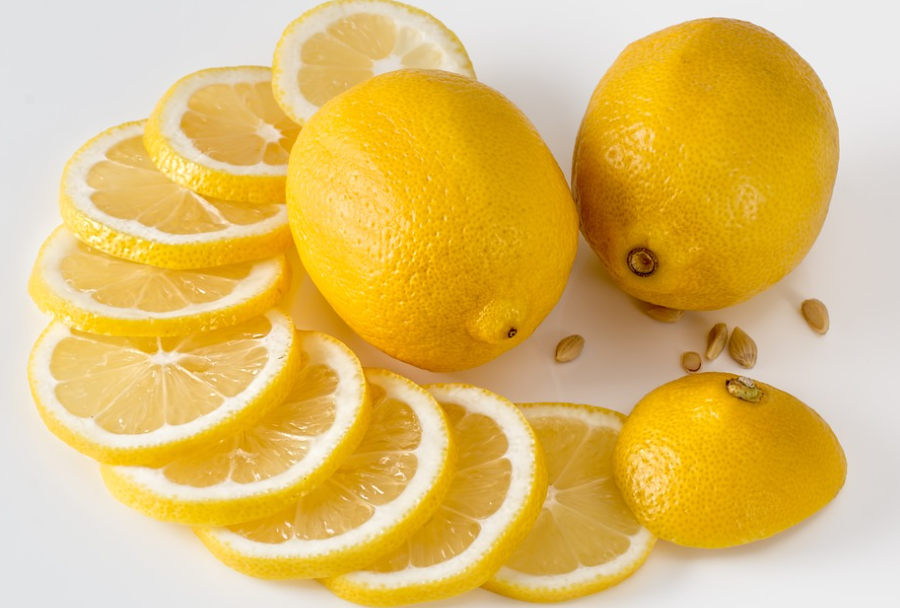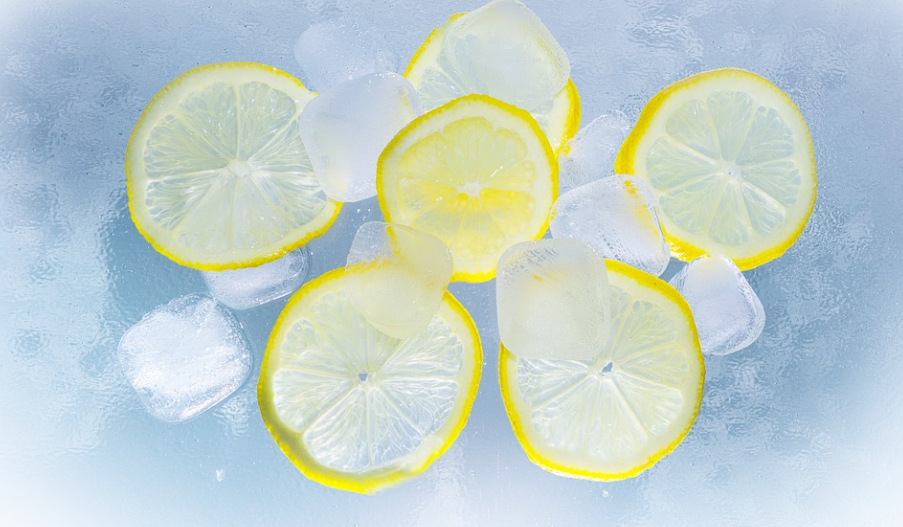
Where do lemons get their name from? Which vitamins does lemon have? For up to how many weeks can lemon maintain its quality? Get the answers to these and many more from these lemon facts.
Lemons are one example of a food item that finds regular use in our household.
When people go grocery shopping, a lemon could be one of the tiniest things they see and one of the things they don’t think to be that essential in contrast to certain other fruits and vegetables.
However, when compared to the other foods in the basket, it has one of the most incredible levels of nutrients. The presence of vitamin C is typically the very first thing that springs to mind when we think about lemons.
Nevertheless, there are many more health advantages associated with lemons that the vast majority of people are unaware of it.
Lemon is an indispensable ingredient in the kitchen, and its distinctively tart flavor has made it a popular cuisine choice all over the world. However, let us start with the lemon facts that I am sure you do not know about:
Facts about Lemon
1. The word “sour fruit” originates from an Asian language, from which we get the name “lemon.”
2. Technically speaking, lemons are a kind of berry.
3. Lemons are the offspring of a cross between a citron and a sour orange.
4. It is possible to create energy by using a battery to connect electrodes to a lemon.
5. Around the year 700 AD, lemons were initially brought to Persia and then later to Iraq and Egypt.
6. The lemon got mentioned for the first time in written history around the year 1000.
7. The Eureka lemon, which has a form similar to an oval or an oblong, was first in the state of California.
8. It was common practice during the Renaissance for women to redden their lips with lemon juice.
9. Before the invention of fermentation-based techniques, lemons were the most common fruit used in the commercial production of citric acid.
10. People use jars or barrels filled with salt in Morocco to keep lemons in their preserved form.

11. Salt softens and cures the peel and rind. Many different types of cuisine make use of preserved lemon in various ways.
12. Lemonade or lemon juice can prevent kidney stones by producing urinary citrate, which inhibits crystal formation, according to American Urological Association studies.
13. Experiments have shown that the juice extracted from lemons may kill the germs responsible for severe illnesses such as malaria, cholera, diphtheria, and typhoid fever. Lemons contain potent antibacterial characteristics.
14. There is a potent phytonutrient called tangeretin found in the peel of lemons. This phytonutrient has shown promise in treating neurological conditions such as Parkinson’s disease.
15. Storing freshly extracted lemon juice for later use is as simple as freezing the juice into ice cube molds and transferring the cubes to containers for storage in the freezer.
16. Pancakes in the United Kingdom often have lemon juice added to them, especially on Shrove Tuesday, which is a traditional day for eating pancakes.
17. Because they require a temperature of at least 7 degrees Celsius (45 degrees Fahrenheit), lemons cannot survive the winter in temperate countries. However, as they age, lemons grow more resistant to cold weather.
18. The nations of India, China, Mexico, Argentina, & Brazil are the world’s top five lemons producers.
19. An investigation into the genetic background of the lemon revealed that it is the product of a cross between a citron and a bitter orange, sometimes known as a sour orange.
20. It is possible that the term “lemon” comes from a Middle Eastern language. Lime word comes from the Sanskrit word nimb, which means “lime,” and the Arabic laymn or lmn, both of which are from the Persian lmn, a general name for citrus fruit.

21. Because lemons were so hard to come by in the past, people used them as presents for monarchs.
22. On January 8, 2003, a lemon cultivated by Aharon Shemuel had a weight of 5.265 kilograms (11 pounds 9.7 ounces), making it the most prominent lemon ever recorded.
23. Lemons may maintain their quality for up to 6 weeks in the refrigerator and for up to 2 weeks when left at room temperature.
24. Lemons’ high vitamin C content makes them an effective treatment for scurvy, a condition that was historically prevalent among seafarers.
25. Even in modern times, the British Navy mandates all ships to carry a certain number of lemons in order to prevent scurvy.
26. A dish full of fresh lemons can continue to perfume and brighten a space for several days.
27. The lemon is in Ayurvedic medicine, a traditional system of healing used in India. It has a sour flavor, is warm, stimulates stomach fire, promotes lightness, is pungent and astringent, and is beneficial for vision.
28. Many dishes and beverages benefit from the addition of lemon juice, rind, or peel.
29. In the warmer months, many people like drinking lemonade, which consists of lemon, sugar, and water. People use lemon juice as an ingredient in tea.
30. People typically harvest fruit between six and ten times a year; however, blossoms can appear anytime. A single tree can provide anything from 500 to 600 pounds (225 to 270 kilograms) of lemons in a year.

Conclusion
Lemons are an excellent source of a variety of minerals and vitamins. They include the mineral potassium, which is necessary for proper nerve and heart function.
It is also beneficial in terms of keeping the body’s blood pressure at a healthy level.
Lemons are also a fantastic source of vitamin C. Lime contains a high concentration of antioxidants, which are essential for maintaining healthy arteries and contributing factors in the enhancement of blood flow.
The most important thing about it is that it lends a tangy flavor to the dish you’re eating, so what are you waiting for then? Now is the time to gather your lemons and squeeze them. Stay connected for more information!
